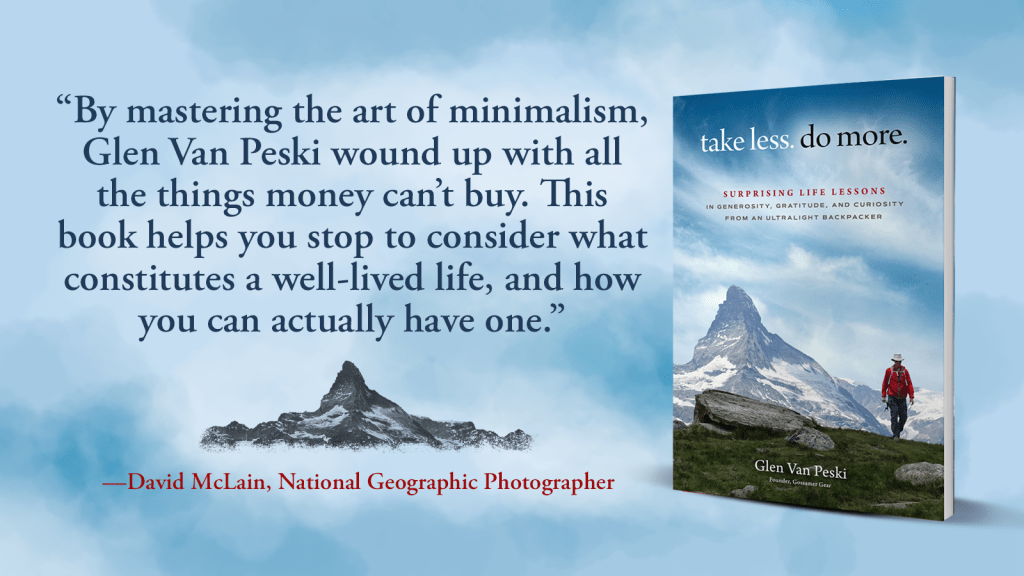Information in this article is pulled from Episode 134 of The Book Marketing Action Podcast featuring Glen Van Peski and Jeevan Sivasubramaniam.
In the world of book marketing, endorsements play a crucial role in attracting readers and establishing credibility for authors and their work. But what exactly are endorsements, and why do they matter? Let’s delve into the topic.
The Value of Endorsements
Book endorsements are short blurbs that appear on the back cover of a book or in the editorial reviews section on Amazon. They are written by notable individuals who vouch for the quality and value of the book, and they serve as a form of social proof, giving potential readers a reason to trust and invest in your work. However, quality is more important than quantity when it comes to endorsements. Instead of seeking numerous endorsements, authors should focus on securing a few strong ones that are short, impactful, and come from well-known experts in their field.

Example endorsement for Glen Van Peski’s new book, take less. do more.
Seeking the Right Endorsers
When deciding who to ask for endorsements, authors should aim for endorsers who are well-known and respected in their field. It’s important, though, for authors to consider the thematic connection between the endorser and the book. While A-listers may have more influence, their expertise should align with the book’s subject matter. If you are seeking out a big-name endorser but don’t have a personal relationship with any, chances are that someone in your life is connected to one. Ask around, reach out to your network of supporters, and don’t let self-doubt stand in your way.
Crafting Effective Endorsements
To make the endorsement process smoother, authors can provide a pre-written endorsement for endorsers to review and edit as needed. Keep the endorsements short and emphatic, focusing on a single impactful statement that captures the essence of the book. There is still a chance that people will choose to write their endorsement from scratch, but it’s good to provide a template for those who might not have time to craft something themselves. Be mindful of who you are asking and seek diversity in your endorsements to appeal to a broader audience.
The Impact of Endorsements
While endorsements can grab initial attention and add credibility to a book, they are not the sole determining factor of a book’s success. Endorsements are like window dressing, providing a positive first impression but not necessarily driving significant sales. They won’t make or break the success of your book, but they are a great source of social proof and credibility. Ultimately, the quality of the book and its ability to resonate with readers is more important than endorsements alone.
Key Takeaways:
1. Quality is more important than quantity when it comes to endorsements. Focus on getting a few strong endorsements from well-known individuals.
2. Seek endorsements from people who are connected thematically or directly to your book’s content.
3. When requesting endorsements, consider providing a pre-written endorsement as a suggestion to make it easier for endorsers to say yes.
4. Keep endorsements short and emphatic, focusing on a single impactful statement that captures the essence of the book.
5. Although endorsements may not make or break the success of your book, they are a great source of social proof and credibility for your work.
6. Remember to prioritize the quality of their book and its ability to resonate with readers as the ultimate factors for success.
Glen Van Peski is the founder of Gossamer Gear and author of “take less. do more.” He is known by the trail name “Legend” for his legendary contributions to the backpacking community and has hiked most of the Pacific Crest Trail, has wandered the backcountry in Japan and Europe, and backpacked on the Great Divide. Van Peski is also an internationally sought-after speaker known for his inspiring, humorous, information-packed presentations.
Jeevan Sivasubramaniam currently serves as the managing director for the editorial department at Berrett-Koehler Publishers, an independent publishing house based in the San Francisco Bay Area. His specialties include publishing ventures focusing on economics, social justice, business and management, current affairs, and personal growth.

I am the founder/CEO of the Weaving Influence team, the author of Reach: Creating the Biggest Possible Audience for Your Message, Book, or Cause, and the host of the Book Marketing Action Podcast. I’m a wife and mom of three kids, and I enjoy running, reading, writing, coffee, and dark chocolate.

